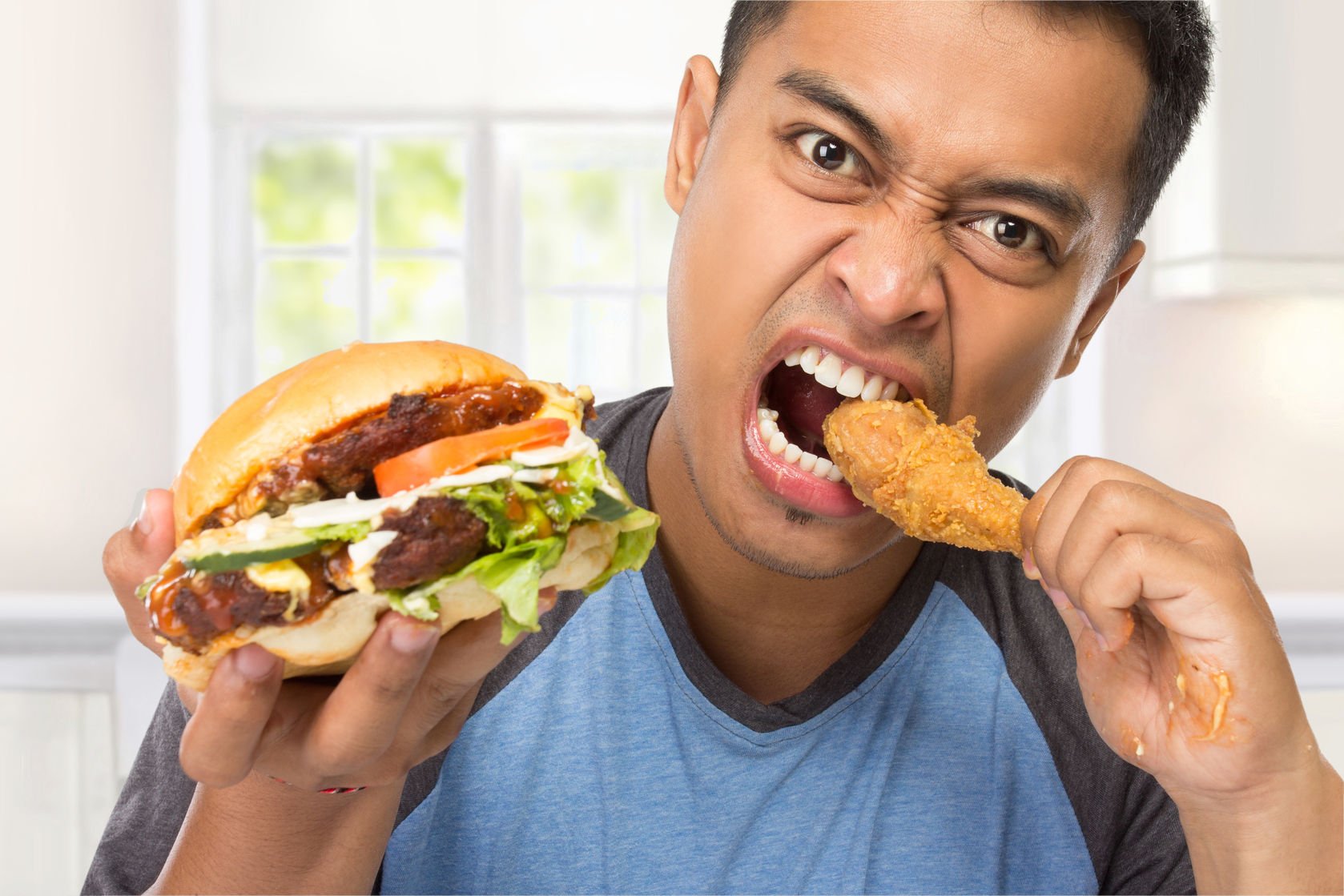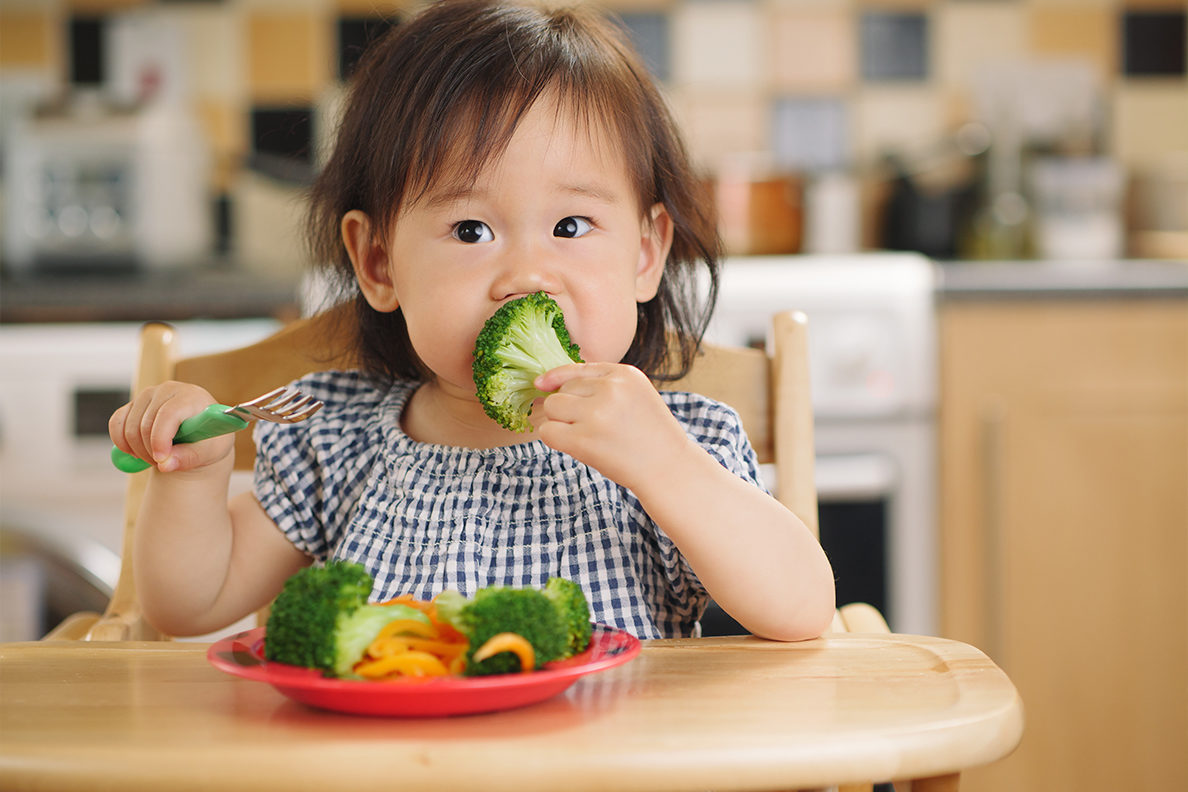Beyond The Bark: Decoding The 'Eating Pets Meme' Phenomenon
In the vast, often perplexing landscape of internet culture, certain phenomena emerge that challenge our sensibilities, spark intense debate, and sometimes, simply leave us scratching our heads. One such peculiar and undeniably provocative trend is the "eating pets meme." This isn't just about a fleeting image or a catchy phrase; it's a cultural touchstone that forces us to confront our deepest-held beliefs about animals, food, ethics, and the very nature of humor in the digital age. From a simple, often shocking, premise, this meme unfurls a complex tapestry of societal norms, individual perceptions, and the blurred lines between what is considered acceptable and what is utterly taboo.
Understanding the "eating pets meme" requires more than just a passing glance at its often-disturbing imagery. It demands an exploration into the psychological underpinnings of why such content goes viral, the ethical frameworks we apply to our relationships with animals, and the broader context of human dietary practices across diverse cultures. While seemingly lighthearted or purely for shock value, these memes inadvertently open up conversations about the profound differences in how societies define "food" versus "companion," touching upon subjects far more serious than a mere internet joke. It's a lens through which we can examine our own biases, our collective anxieties, and the ever-evolving boundaries of digital expression.
Table of Contents
- The Genesis of a Provocative Meme
- Why Do We "Meme" Such Topics? Psychological and Sociological Perspectives
- The Ethical Quagmire: Pet vs. Livestock
- The Serious Side: When Memes Intersect with Health and Well-being
- Navigating Online Content and Personal Sensitivities
- Beyond the Meme: Fostering Healthy Conversations About Food and Ethics
- The Role of Digital Literacy in a Meme-Driven World
The Genesis of a Provocative Meme
The "eating pets meme" typically involves images or text that humorously, or disturbingly, suggest the consumption of animals commonly kept as pets in Western societies, such as dogs, cats, or even hamsters. These memes often play on the shock value derived from violating deeply ingrained cultural taboos. While specific origins are hard to pinpoint in the fluid world of internet trends, such memes often arise from a confluence of factors: a desire to provoke, a dark sense of humor, or a commentary on the hypocrisy perceived in different cultures' dietary practices. They thrive in online spaces where anonymity fosters uninhibited expression, often pushing boundaries that would be unthinkable in face-to-face interactions.
The visual language of these memes can range from crudely photoshopped images to satirical recipes, all designed to elicit a strong reaction. This reaction, whether it's disgust, outrage, or uncomfortable laughter, is precisely what fuels their spread. In essence, the "eating pets meme" becomes a viral agent by tapping into our primal emotional responses, challenging our comfort zones and forcing us to confront the arbitrary nature of our dietary classifications. It's a stark reminder that what one culture deems a cherished companion, another might view as a potential food source, highlighting the vast spectrum of human-animal relationships.
Why Do We "Meme" Such Topics? Psychological and Sociological Perspectives
Understanding why the "eating pets meme" resonates, even negatively, involves delving into human psychology and societal dynamics. Memes, at their core, are cultural units of information that spread rapidly, often reflecting collective anxieties, desires, or humor. When it comes to controversial topics like the consumption of pets, the reasons for their virality become multifaceted.
Humor as a Coping Mechanism
Dark humor, a common element in many provocative memes, serves as a coping mechanism for individuals to deal with uncomfortable or taboo subjects. By making light of something inherently disturbing, people can process difficult emotions or challenge societal norms without directly confronting the gravity of the issue. The "eating pets meme" can be seen as an extreme example of this. It allows individuals to playfully (or mockingly) explore the boundaries of what is considered acceptable, providing a release valve for tension related to ethical dilemmas surrounding animal welfare and food production. This form of humor can be a way to "swallow less air" in a stressful online environment, by turning a potentially upsetting topic into something that, for some, can be laughed at, however uneasily.
Challenging Societal Norms and Taboos
The internet provides a platform for challenging established norms and taboos. The "eating pets meme" directly confronts the Western cultural distinction between pets and livestock. In many Western societies, pets are viewed as family members, deserving of love, protection, and companionship, while other animals are raised specifically for consumption. This dichotomy is deeply ingrained, and any suggestion of blurring these lines is met with strong emotional reactions. The meme, therefore, acts as a digital provocateur, testing the limits of these societal constructs. It forces a momentary re-evaluation of what we consider "food" and why, highlighting the arbitrary nature of these classifications from a purely biological standpoint, even if culturally, they are anything but arbitrary. This challenging of norms can be seen as a way to "replace habits that aren't healthy with healthy ones" in terms of thought patterns, by prompting critical thinking, even if the meme itself is controversial.
The Ethical Quagmire: Pet vs. Livestock
At the heart of the "eating pets meme" lies a profound ethical dilemma: the arbitrary distinction between animals we cherish as companions and those we raise for food. This distinction is not universal and varies dramatically across cultures, making the meme a potent symbol of cultural relativism in dietary practices.
Cultural Relativism in Dietary Practices
What is considered edible in one part of the world might be unthinkable in another. For instance, while dog meat consumption is taboo in many Western countries, it is a traditional practice in some parts of Asia. Similarly, insects, which are a staple food source for millions globally, are often viewed with disgust in Western diets. This cultural relativism is crucial to understanding the "eating pets meme." The meme's shock value largely stems from its challenge to the dominant Western paradigm of animal classification. It forces us to acknowledge that our dietary choices and ethical frameworks are largely products of our cultural upbringing, rather than universal truths. This discussion is far removed from a typical "diabetes diet" or "DASH diet" which are universally recognized for health benefits, precisely because the very definition of "food" is being questioned. The meme highlights that while some foods like "eating nuts for heart health" are widely accepted as beneficial, others are deeply contentious.
The Human-Animal Bond: A Unique Connection
Beyond cultural norms, the human-animal bond plays a significant role in our aversion to the idea of eating pets. For many, pets are not merely animals; they are sentient beings with whom we share deep emotional connections. They provide companionship, comfort, and unconditional love. This bond elevates them beyond the status of mere resources. The thought of consuming an animal with whom such a bond exists is often perceived as a profound betrayal, triggering strong feelings of disgust and moral outrage. This emotional response is distinct from how we might view the consumption of livestock, which, for many, lack the same personal connection. This strong emotional reaction can lead to "dangerous eating behaviors" in a metaphorical sense, where people might lash out or engage in aggressive online discourse due to the perceived threat to their values. It's a reminder that "most eating disorders involve focusing too much on weight, body shape and food," and while not directly related, the intense focus on what is and isn't acceptable to eat, even in a meme, can highlight the psychological complexities surrounding food and consumption.
The Serious Side: When Memes Intersect with Health and Well-being
While the "eating pets meme" is primarily a cultural phenomenon, its existence, like any widespread discussion about food and consumption, can inadvertently brush against more serious topics related to health, diet, and mental well-being. The very act of discussing food, even in a controversial or humorous context, underscores the profound impact of our dietary choices on our lives. For instance, the meme's focus on what is "acceptable" to eat can, for some, trigger thoughts about food restriction or unhealthy eating patterns, especially for individuals who might already be struggling with their relationship with food. "Most eating disorders involve focusing too much on weight, body shape and food," and while the meme isn't a direct cause, it exists within a broader cultural conversation about food that can be sensitive for vulnerable individuals. "This can lead to dangerous eating behaviors" if the discussion veers into extreme dietary philosophies or shaming.
Conversely, the meme can also highlight the importance of balanced perspectives on food. When we discuss what constitutes a healthy diet, we often refer to guidelines like "a diabetes diet simply means eating the healthiest foods in moderate amounts and sticking to regular mealtimes," or the principles of the DASH diet, which "can help the digestive tract heal from a flare." These established dietary approaches emphasize nutrient-rich foods, portion control, and regular eating patterns. They stand in stark contrast to the chaotic and often emotionally charged discussions around the "eating pets meme." The meme, by its very nature, is about pushing boundaries, whereas health-focused diets are about establishing stability and optimal function. "Foods that are a source of fiber, vitamins and minerals and that are high in plant chemicals called phytonutrients are a bonus" in any healthy diet, regardless of cultural food taboos. The ethical debates around the meme can also influence how people perceive different food sources, potentially leading to "restricting your diet" based on moral grounds, which, while sometimes beneficial (e.g., veganism), can also be detrimental if not properly managed for nutritional completeness, perhaps needing "multivitamins for kids" or adults if certain food groups are eliminated without proper planning. The inclusion of ingredients like "Monosodium glutamate (msg)" in various foods also brings up discussions about food processing and consumer choices, further illustrating the complexity of modern diets, far beyond the simple "eating pets meme."
Navigating Online Content and Personal Sensitivities
The proliferation of the "eating pets meme" underscores a broader challenge in the digital age: how individuals navigate and respond to content that can be deeply offensive or disturbing. What one person finds humorous, another might find abhorrent. This divergence in reaction is particularly pronounced with memes that touch upon sensitive subjects like animal welfare and ethical consumption. For those who view pets as integral family members, the meme can be genuinely distressing, evoking feelings of anger, sadness, or disgust. It's a stark reminder that "eating when you're stressed or on the run increases the air you swallow," and similarly, engaging with upsetting content online without proper mental preparation can increase emotional distress. It's crucial to "try to make meals relaxed occasions," and similarly, to approach online interactions with a calm and measured perspective, rather than letting provocative content dictate one's emotional state.
The internet's unfiltered nature means that individuals are constantly exposed to a wide spectrum of content, much of which is not curated for individual sensitivities. This necessitates developing a degree of digital resilience and discernment. Understanding that a meme's intent might be purely for shock value, rather than a genuine endorsement of pet consumption, can help in processing such content without undue emotional distress. However, it also highlights the responsibility of content creators and platforms to consider the potential impact of their material, especially when it borders on promoting harmful or deeply offensive ideas. While the "eating pets meme" often falls into the realm of dark humor, its proximity to real-world ethical debates means it requires a nuanced approach to consumption and discussion.
Beyond the Meme: Fostering Healthy Conversations About Food and Ethics
The "eating pets meme," despite its controversial nature, inadvertently opens a door for more meaningful discussions about our relationship with food, animals, and the environment. Rather than simply reacting with outrage, we can use these moments as opportunities to explore the complexities of human dietary practices and ethical considerations. For instance, the debate over pet consumption can naturally lead to broader discussions about factory farming, animal welfare standards, and sustainable food systems. If we are concerned about the ethical treatment of animals we consider pets, perhaps that concern should extend to all sentient beings. This is where the meme, in its own peculiar way, can serve as a catalyst for critical thinking.
Encouraging balanced perspectives means acknowledging cultural differences without necessarily condoning practices that violate one's own moral compass. It involves understanding the historical and economic factors that shape dietary traditions globally. Furthermore, it's an opportunity to reinforce healthy eating principles that transcend cultural divides. For example, the universal benefits of "eating nuts for heart health" or incorporating "foods that are a source of fiber, vitamins and minerals and that are high in plant chemicals called phytonutrients" are not culturally specific; they are foundational to good health. Discussions around the "eating pets meme" can, surprisingly, bring to light the importance of making informed and ethical food choices, ultimately aiming to "make your eating patterns better and help you reach a healthy weight" by considering not just what we eat, but why and how it impacts the world around us. It's about replacing "habits that aren't healthy with healthy ones," both in terms of diet and in how we engage with complex ethical issues online.
The Role of Digital Literacy in a Meme-Driven World
In an era dominated by rapid information dissemination and the pervasive influence of internet culture, digital literacy becomes paramount. Understanding the nuances of memes, including the "eating pets meme," goes beyond simply recognizing them; it involves critical thinking about their origins, intent, and potential impact. Digital literacy equips individuals to discern satire from genuine advocacy, to question the information they encounter, and to engage responsibly in online discussions. It helps in understanding that not every provocative piece of content is meant to be taken literally, and that many memes are designed to elicit a strong emotional response rather than convey a factual message.
For parents, educators, and even casual internet users, fostering strong digital literacy skills is essential for navigating the often-unpredictable currents of online content. This includes teaching how to identify misinformation, how to react constructively to controversial topics, and how to protect one's own mental well-being in a highly stimulating digital environment. Just as "taking your time can help you swallow less air" when eating, taking time to process online content can prevent impulsive or emotional reactions. By promoting a culture of thoughtful engagement, we can ensure that discussions around phenomena like the "eating pets meme" contribute to a more informed and empathetic online community, rather than simply fueling outrage or misunderstanding. It's about moving towards a more mature digital discourse where complex topics, even those presented through memes, can be explored with nuance and respect.
Conclusion
The "eating pets meme" stands as a stark, often uncomfortable, reminder of the internet's power to both reflect and shape societal norms. It forces us to confront deeply ingrained cultural taboos surrounding our relationship with animals and food, highlighting the vast spectrum of human dietary practices and ethical considerations across the globe. While often created for shock value or dark humor, this meme inadvertently opens up crucial conversations about the arbitrary nature of our food classifications, the profound human-animal bond, and the serious implications of our dietary choices on health and well-being. From the psychological underpinnings of why such memes go viral to the ethical dilemmas they present, the "eating pets meme" is far more than a fleeting online joke; it's a mirror reflecting our complex relationship with the natural world and each other.
Ultimately, navigating such provocative content requires a blend of digital literacy, empathy, and a willingness to engage in uncomfortable but necessary conversations. By understanding the various facets of the "eating pets meme," we can move beyond mere reaction and instead foster a more informed and nuanced dialogue about food, ethics, and the responsibility we bear in shaping our digital and real-world environments. What are your thoughts on how such memes influence public perception or ethical debates? Share your perspective in the comments below, and consider exploring our other articles on the intersection of culture, diet, and digital trends.

Eat your greens: action needed | AJP

Gente Comiendo Comida Sana

Nutrition for kids: Guidelines for a healthy diet